Share
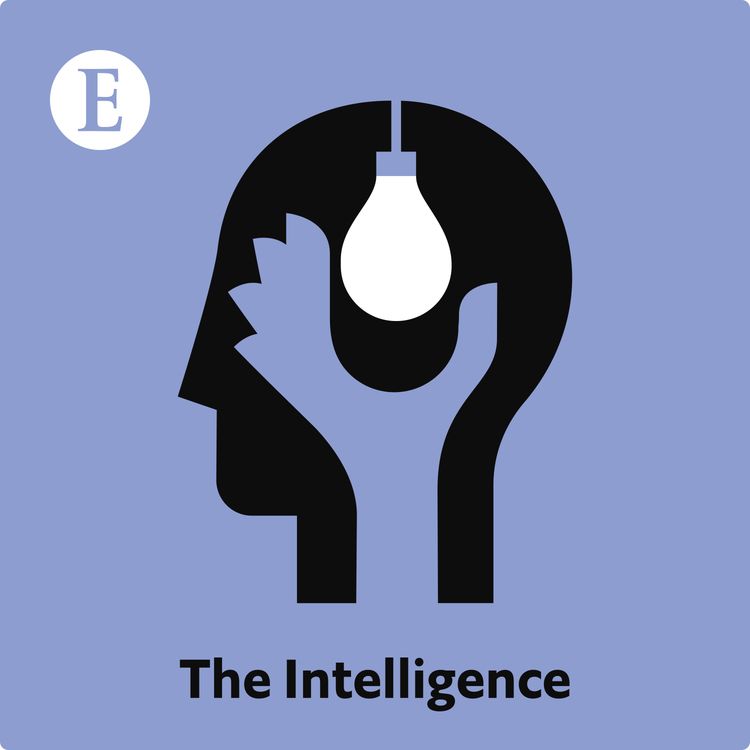
The Intelligence from The Economist
Belarusian roulette: a mutiny’s aftermath
•
Yevgeny Prigozhin and his Wagner Group fighters are said to be welcome in safe-haven Belarus. We ask how Aleksandr Lukashenko, the country’s puppet president, ended up in the role of peace broker. Our correspondent investigates why so many American states are having to bail out public-transport companies. And the diplomatic benefits of wearing red on visits to China.
Please take a moment to fill out our listener survey: www.economist.com/podcastsurvey
For full access to print, digital and audio editions of The Economist, try a free 30-day digital subscription by going to www.economist.com/intelligenceoffer
More episodes
View all episodes

House of Kurds: on the ground in northern Syria
20:56|In recent days Syrian government troops have tried to retake territory held by the country’s Kurdish minority. Our correspondent reports from the region. Factions are fighting to control Vietnam’s Communist Party Congress: the winner will change Vietnam’s future. And are millennial fathers more hands-on than their crusty forbears?Listen to what matters most, from global politics and business to science and technology—Subscribe to Economist Podcasts+For more information about how to access Economist Podcasts+, please visit our FAQs page or watch our video explaining how to link your account.
Power ballot: Japanese PM’s electoral gamble
23:37|Japan’s prime minister Takaichi Sanae has called an election three months into her term. Can she capitalise on her popularity, or will her less-popular party be punished at the ballot box? Will a new treaty curb the destruction of the oceans? And how fancy restaurants are responding to the age of Ozempic. Listen to what matters most, from global politics and business to science and technology—Subscribe to Economist Podcasts+For more information about how to access Economist Podcasts+, please visit our FAQs page or watch our video explaining how to link your account.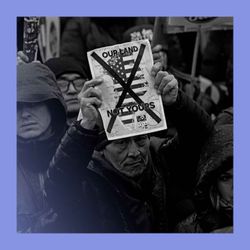
Thin ice: could the Greenland clash kill NATO?
23:55|Donald Trump has promised to impose a 10% tariff on eight countries, all NATO members, that oppose his plan to acquire Greenland. As the argument over the territory’s future continues, our correspondent analyses the fragile state of international relations. American megachurches are becoming more like businesses. And the rise of vodcasts: why audio is becoming video.Listen to what matters most, from global politics and business to science and technology—Subscribe to Economist Podcasts+For more information about how to access Economist Podcasts+, please visit our FAQs page or watch our video explaining how to link your account.
The Weekend Intelligence: Hair peace
53:50|In the outer suburbs of Istanbul, the Elithair clinic operates nearly round the clock delivering hair transplants to a seemingly endless stream of young men from all over the world. They expect demand to keep on rising. But what, exactly, has changed to make record numbers of young men choose elective cosmetic surgery? Senior producer Sam Westran travels to Turkey to watch surgery in action, and muses on the state of baldness, masculinity and the manosphere.Listen to what matters most, from global politics and business to science and technology—Subscribe to Economist Podcasts+For more information about how to access Economist Podcasts+, please visit our FAQs page or watch our video explaining how to link your account.Music by Bluedot Sessions, Epidemic Sound and Sound of PictureThis podcast transcript is generated by third-party AI. It has not been reviewed prior to publication. We make no representations or warranties in relation to the transcript, its accuracy or its completeness, and we disclaim all liability regarding its receipt, content and use. If you have any concerns about the transcript, please email us at podcasts@economist.com.Read more about how we are using AI.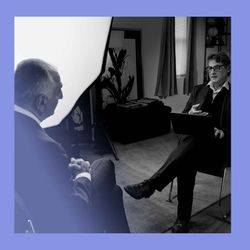
Clutching at shahs: Iran’s would-be revolutionary
26:36|Reza Pahlavi, son of the shah deposed in the 1979 revolution, tells us he sees himself as the people’s choice to lead. We ask how that might work. Our correspondent reckons that, in a full accounting of buying versus renting a home, the smart choice has become clear. And our obituaries editor on Aldrich Ames, a prolific CIA double agent for Russia. To see much more of our interview with Reza Pahlavi, and deep analysis with our editors and correspondents on how he might fit into Iran’s future, watch the latest episode in our Insider series for subscribers.
Maria-view mirror: asking Venezuelans what they want now
20:44|As Maria Corina Machado, Venezuela’s opposition leader, meets with President Donald Trump, we talk through our exclusive polling on what the country wants for its future. Childhood in the age of AI promises to be bespoke and personalised—and perhaps also lonely and atomised. And on America’s National Bagel Day, our correspondent explores the foodstuff’s murky history.Get a world of insights by subscribing to Economist Podcasts+. For more information about how to access Economist Podcasts+, please visit our FAQs page or watch our video explaining how to link your account.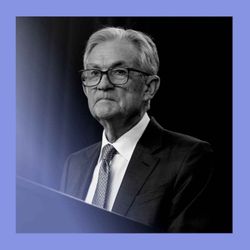
Independence Jay? Inflation and attacks on the Fed
23:54|More inflation numbers, more jabs by President Donald Trump at Jay Powell, the Federal Reserve chairman. We ask what the Fed is doing, should be doing and is being pressured to do. Six years after the official Brexit divorce, we count the costs and ask what making-up is now possible. And how self-help books reveal the anxieties of their times.Get a world of insights by subscribing to Economist Podcasts+. For more information about how to access Economist Podcasts+, please visit our FAQs page or watch our video explaining how to link your account.
Lowering the steaks: a Mercosur deal at last
23:01|From Argentinian beef to German cars, a freshly inked deal between the EU and a bloc of South American countries should ease trade barriers—and is a sign of global trade’s topsy-turvy time. Foreigner-bashing is politically fashionable in Japan, but focuses on the wrong problems. And a look at Parkrun, a free weekly event that has unwittingly made many Britons healthier.Get a world of insights by subscribing to Economist Podcasts+. For more information about how to access Economist Podcasts+, please visit our FAQs page or watch our video explaining how to link your account.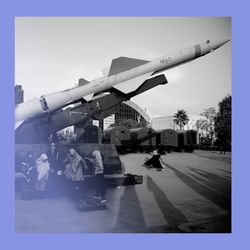
Strike fear: Iran’s protests and Israel
26:37|Each country fears an attack from the other: Iran may wish to distract from internal conflict, Israel to exploit it. In an interview with Prime Minister Binyamin Netanyahu we explore perspectives on the war-gaming. As the first cohort of graduates weaned on generative AI enters the workforce, we examine a changing career ladder. And why European pension systems badly need reform.Get a world of insights by subscribing to Economist Podcasts+. For more information about how to access Economist Podcasts+, please visit our FAQs page or watch our video explaining how to link your account.